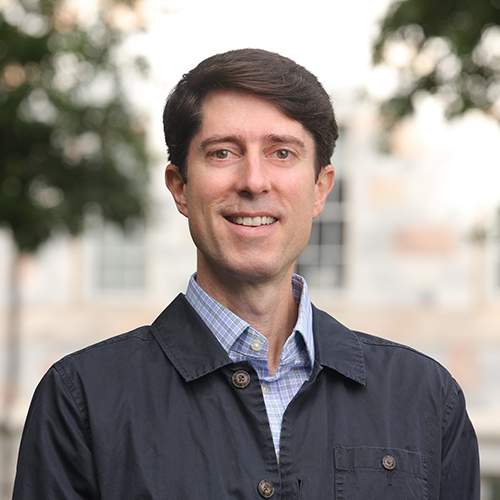Thomas D. RogersProfessor
Tom Rogers, Professor (B.A., Williams College; Ph.D., Duke University). Modern Latin American history, especially Brazil; labor and environmental history; Afro-Latin American history.
I am interested in the patterns of mutual dependency and influence that develop between societies and their environments. My current book project, Agriculture's Energy: Development and Hunger During Brazil's Ethanol Boom, examines 20th century agricultural modernization. I use a singular Brazilian initiative from 1975—the National Alcohol Program—as a vehicle to explore the mechanics of development and the role of agriculture in the military dictatorship's planning. Taking this angle, I revisit persistent questions in recent Brazilian history: How and where did "modernization" take place? How did agricultural change contribute to broad patterns of regional differentiation? How can we understand the bureaucratic and environmental consequences of a major agricultural program being simultaneously a major energy program? How does this experience affect the standard narrative of the Green Revolution? In addition to its political, bureaucratic, and environmental impacts, the ethanol boom reshaped patterns of agricultural labor.
In my first book, I ranged across the fields of labor and environmental history in a study of agro-environmental change in the sugarcane region of the northeastern Brazilian state of Pernambuco. The Deepest Wounds: A Labor and Environmental History of Sugar in Northeast Brazil won the Warren Dean Prize from the Conference on Latin American History and the Henry A. Wallace Prize from the Agricultural History Society. The book offered a new interpretation of the dramatic labor union mobilization and political activism that punctuated the 1960s and 1970s in Pernambuco. My recent article, "Taking the Measure of Labor: Rural Rationalization in Twentieth Century Brazil," International Labor and Working-Class History Spring 2014, describes rural workers' struggles to control their work process as employers sought increased productivity and efficiency. I also recently collaborated with my colleague Gillian McGillivray (Glendon College, York University, Toronto) to write a chapter-length synthetic analysis of populism in the Caribbean basin. That piece is forthcoming in Transformations of Populism in Europe and the Americas: History and Recent Tendencies, Abromeit, Marotta, Norman, and Chesterton, eds.
